Turmeric is a rhizomatous herb that produces a yellow-colored spice. The herb has an unbranched stem ending in a significant flower spike and leaves at the bottom of the plant. The dried and dust-crushed tuber of the plant is used as a spice. Turmeric is a perennial plant of the genus Curcuma, rich in phytochemicals. Turmeric comprises various elements, and its excellent health importance is attributed to curcumin.
Due to this, turmeric has been used as a spice for culinary purposes for years. It is also used in medicine as an ingredient in medicinal preparations. The use of turmeric is comprehensive and offers many possibilities. However, seeking medical consultation is advisable before using turmeric as a supplement.
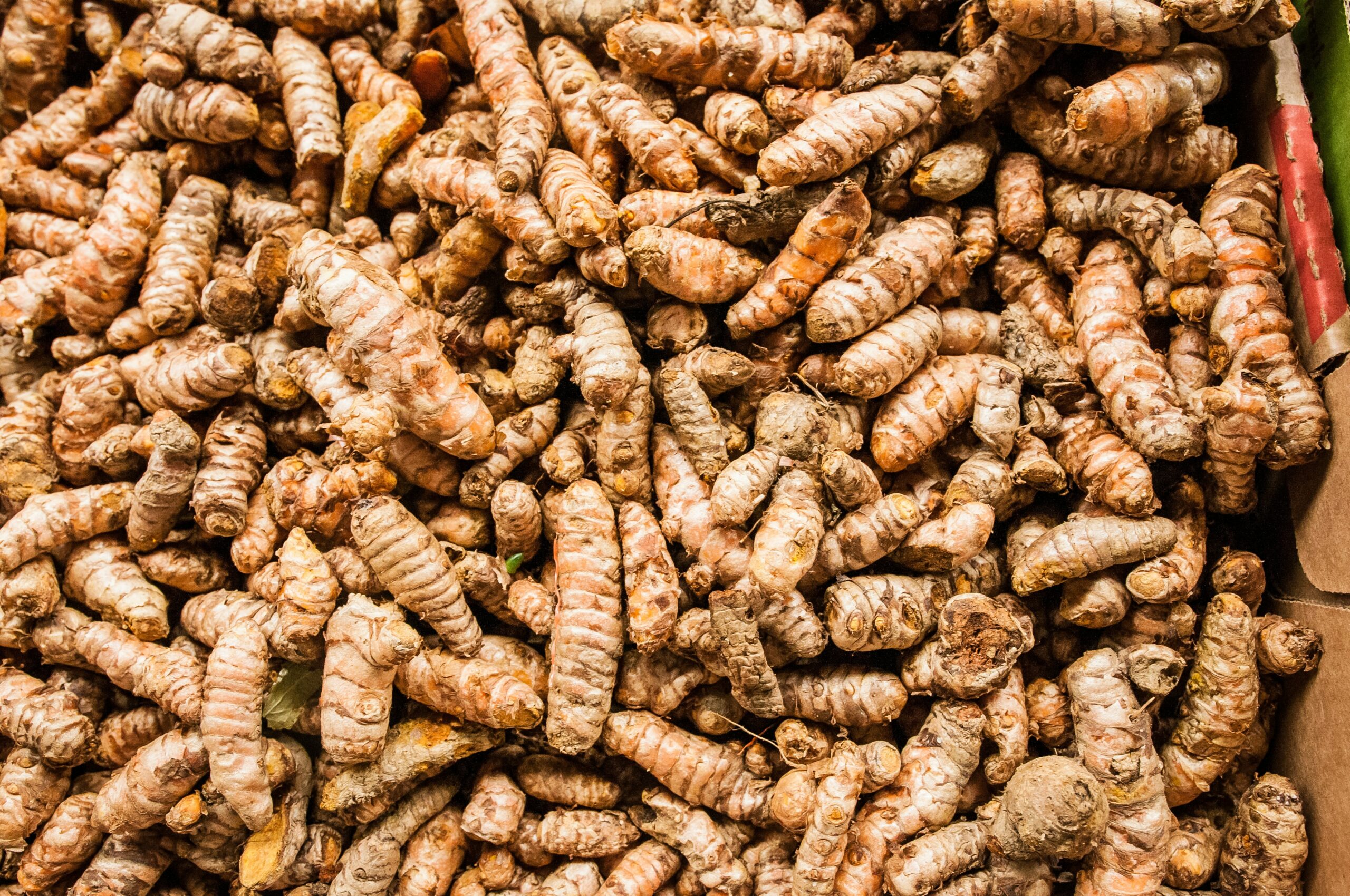
Turmeric is a popular herb in various fields. It is of interest to chefs, doctors, and scientists. The plant from the ginger family (Curcuma longa![]() ) has been known for thousands of years, and its health benefits have been used in Chinese and Indian medicine. The constituent curcumin
) has been known for thousands of years, and its health benefits have been used in Chinese and Indian medicine. The constituent curcumin![]() is mainly responsible for turmeric's medicinal properties. Curcumin is a diferuloylmethane, or natural polyphenol.
is mainly responsible for turmeric's medicinal properties. Curcumin is a diferuloylmethane, or natural polyphenol.
Polyphenols are organic compounds from the phenol group or alcohols. These compounds occur naturally and in great abundance in plants. Thanks to their chemical structure, they exhibit many health effects. The mechanism of action of curcumin and other bioactive compounds contained in turmeric has been studied. Even small doses of turmeric can benefit sick people and those without diagnosed medical conditions. The health benefits of turmeric can therefore include:
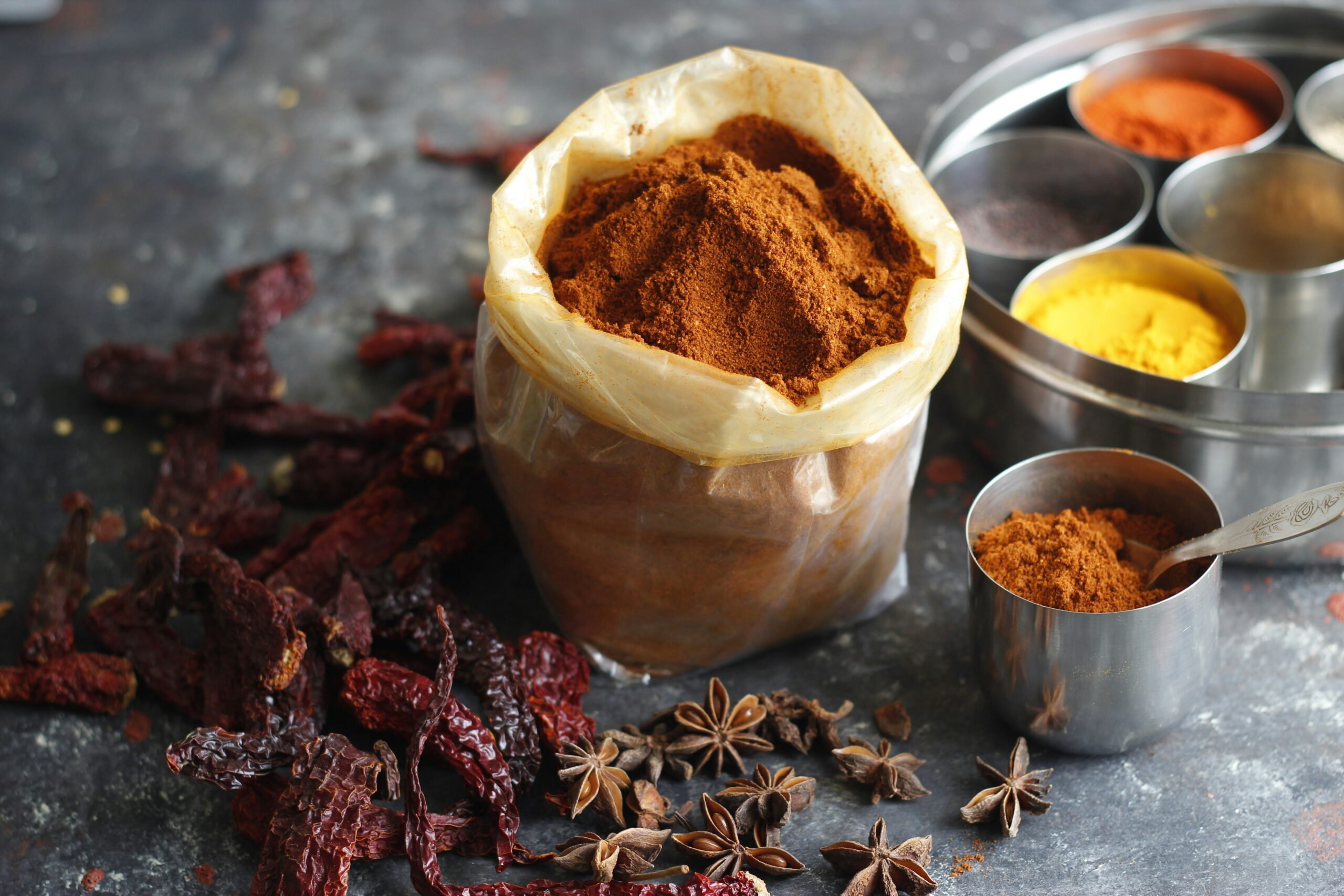
The primary mechanism of turmeric's bioactive constituents is antioxidant properties. The source of these properties is mostly the polyphenols contained in the plant. Curcumin has the power to improve oxidative stress markers. In addition, this ingredient can enhance antioxidant activity. Studies have noted that curcumin affects free radicals![]() in various ways by modulating enzyme activity. What it does, therefore, is that curcumin neutralizes free radicals, thereby protecting against disease.
in various ways by modulating enzyme activity. What it does, therefore, is that curcumin neutralizes free radicals, thereby protecting against disease.
Another critical action of turmeric is anti-inflammatory. Inflammation is a pathological process that causes various health problems and can lead to oxidative stress. It is also a cause of the development of multiple diseases. Curcumin not only actively affects oxidative stress but also has anti-inflammatory properties. The curcumin contained in turmeric suppresses inflammation in various ways. Turmeric treats numerous diseases, such as arthritis![]() and metabolic diseases
and metabolic diseases![]() . Turmeric can also reduce muscle soreness after exercise.
. Turmeric can also reduce muscle soreness after exercise.
Turmeric also has neuroprotective properties, which means that it protects against neurodegenerative disorders![]() such as Alzheimer's disease and Parkinson's disease. Neurodegenerative disorders are often caused by neuroinflammation, inflammation that causes changes in metabolism and degradation of neurons.
such as Alzheimer's disease and Parkinson's disease. Neurodegenerative disorders are often caused by neuroinflammation, inflammation that causes changes in metabolism and degradation of neurons.
The curcumin contained in turmeric acts as a therapeutic agent in various neurological disorders and additionally has anti-inflammatory effects. Curcumin's mechanism of action includes blocking the production of inflammatory cytokines. Studies have noted that curcumin affects brain function in various ways. Among other things, it has anti-anxiety effects. Turmeric may also positively impact memory and concentration, reducing mental fatigue.
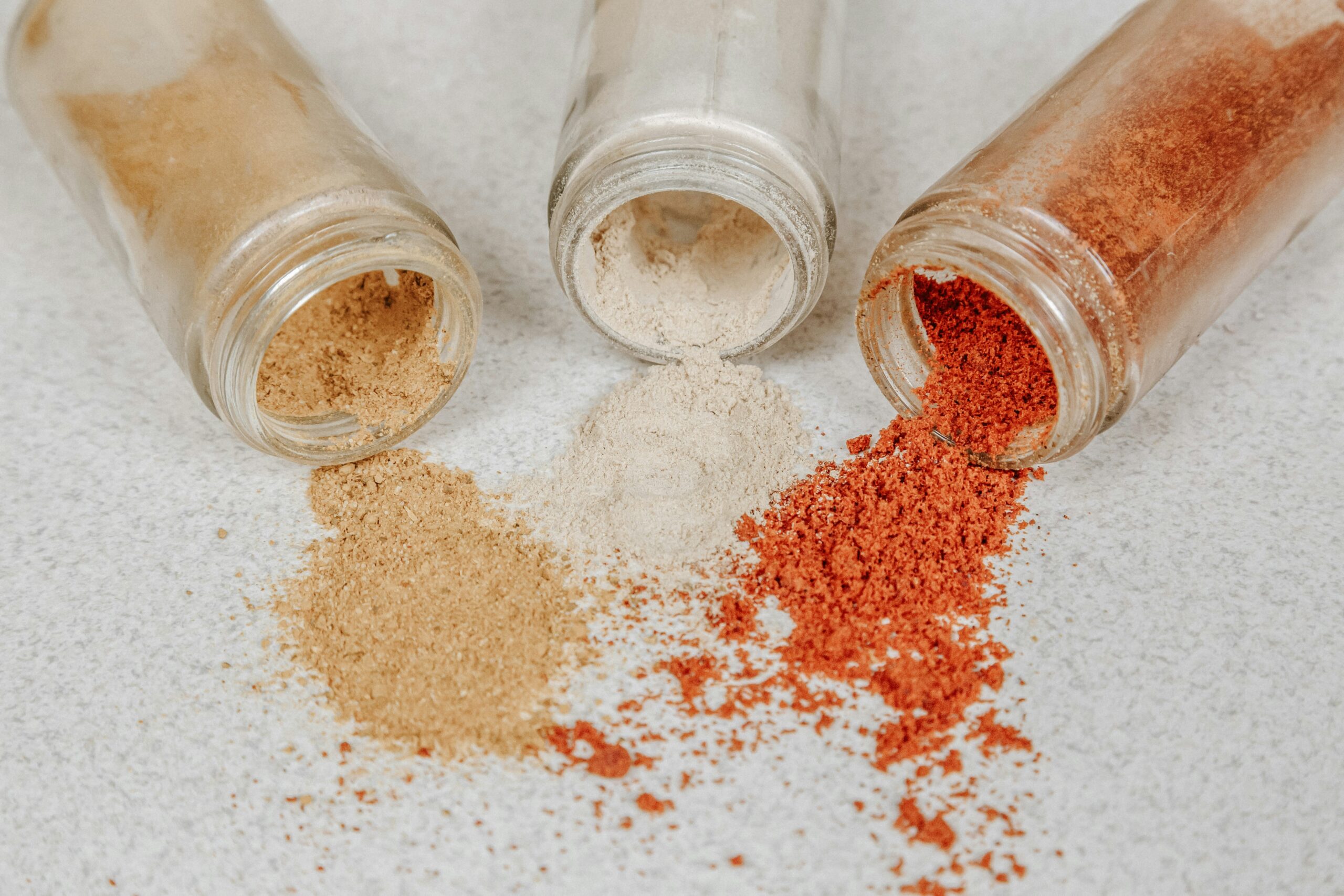
Studies also point to curcumin's anticancer effects. This ingredient prevents carcinogenesis![]() and suppresses cancer metastasis, preventing recurrence. According to scientists, curcumin is highly effective against cancer. Several mechanisms are responsible for it. Curcumin can also stop the cell cycle, inhibiting tumor growth. Studies have used curcumin for various types of cancer and noted promising therapeutic effects.
and suppresses cancer metastasis, preventing recurrence. According to scientists, curcumin is highly effective against cancer. Several mechanisms are responsible for it. Curcumin can also stop the cell cycle, inhibiting tumor growth. Studies have used curcumin for various types of cancer and noted promising therapeutic effects.
Many factors can damage the liver. An unhealthy lifestyle, environmental conditions, and genetic factors are responsible for it. Curcumin is recognized as a promising preventive measure against liver disease. Treatment with curcumin increases antioxidant levels in the liver. Curcumin may also alleviate drug-induced toxicity and reduce liver fibrosis![]() and cirrhosis
and cirrhosis![]() .
.
Another organ affected and protected by curcumin is the heart. Cardiovascular disease is a problem for many patients. As a result, scientists are conducting extensive research, looking for ways to manage and prevent these diseases. It has been noted that curcumin may protect against cardiovascular disease. Curcumin can alleviate chronic heart failure and prevent many different dangerous diseases, such as atherosclerosis![]() . Curcumin strengthens endothelial cells, which are the lining of blood and lymphatic vessels. It is their damage that is the leading cause of heart disease.
. Curcumin strengthens endothelial cells, which are the lining of blood and lymphatic vessels. It is their damage that is the leading cause of heart disease.
Turmeric is a plant that contains many nutrients. Knowing the compounds and ingredients contained in foods can be very useful in leading a healthy lifestyle and benefitting from the health properties that foods provide. Indeed, many diseases can be prevented by eating a diet rich in plant products that provide essential elements. Turmeric is a spice that has the following nutrients:
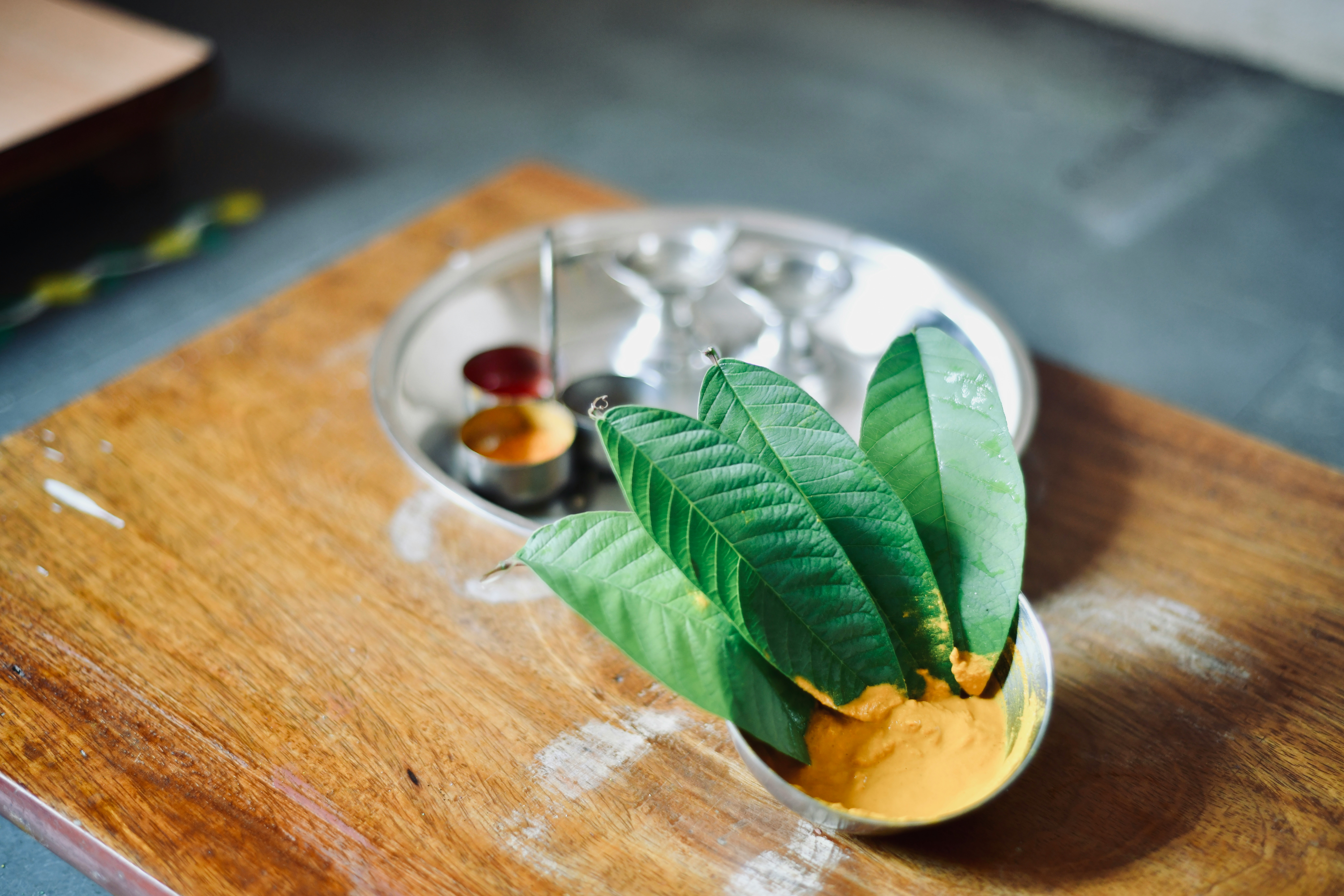
Regarding macronutrients, turmeric has a relatively high amount of carbohydrates and fats. In addition, turmeric also has protein, although it is comparatively less than in beetroot or carrots. Turmeric powder also has a small amount of fiber compared to dried plants.
Turmeric has various valuable components, such as minerals essential for a healthy diet. Turmeric rhizome powder has significant amounts of potassium![]() and calcium
and calcium![]() . Sodium
. Sodium![]() and iron
and iron![]() can also be found in turmeric. However, it is essential to remember that you must maintain a diet based on various vegetables and produce to get the recommended standards for minerals.
can also be found in turmeric. However, it is essential to remember that you must maintain a diet based on various vegetables and produce to get the recommended standards for minerals.
The turmeric rhizome contains minerals and vitamins. The plant comprises antioxidant agents such as vitamins C![]() and vitamins E
and vitamins E![]() . Turmeric contains some B vitamins
. Turmeric contains some B vitamins![]() , including vitamins B2, B6, and B9.
, including vitamins B2, B6, and B9.
Turmeric contains many active compounds. In addition to essential micro and macronutrients, it contains amino acids. Combinations of plant proteins can provide a balanced source of amino acids. These components are the chemical compounds that build the human body. Their role is vital. They are responsible for the hormonal balance of the entire body. They are the building blocks of cells.
Curcuma longa is cultivated in Asia. Due to its properties and yellow color, the plant is used in various ways and for multiple purposes. The most common use of turmeric powder is as a spice. Turmeric spice is prevalent mainly in India, where it is an ingredient in the dish curry. In addition to this, turmeric can be served in tea or other drinks. Turmeric is added to mustard, butter, chips, or cheese products. In these cases, the plant acts as a coloring and preservative.
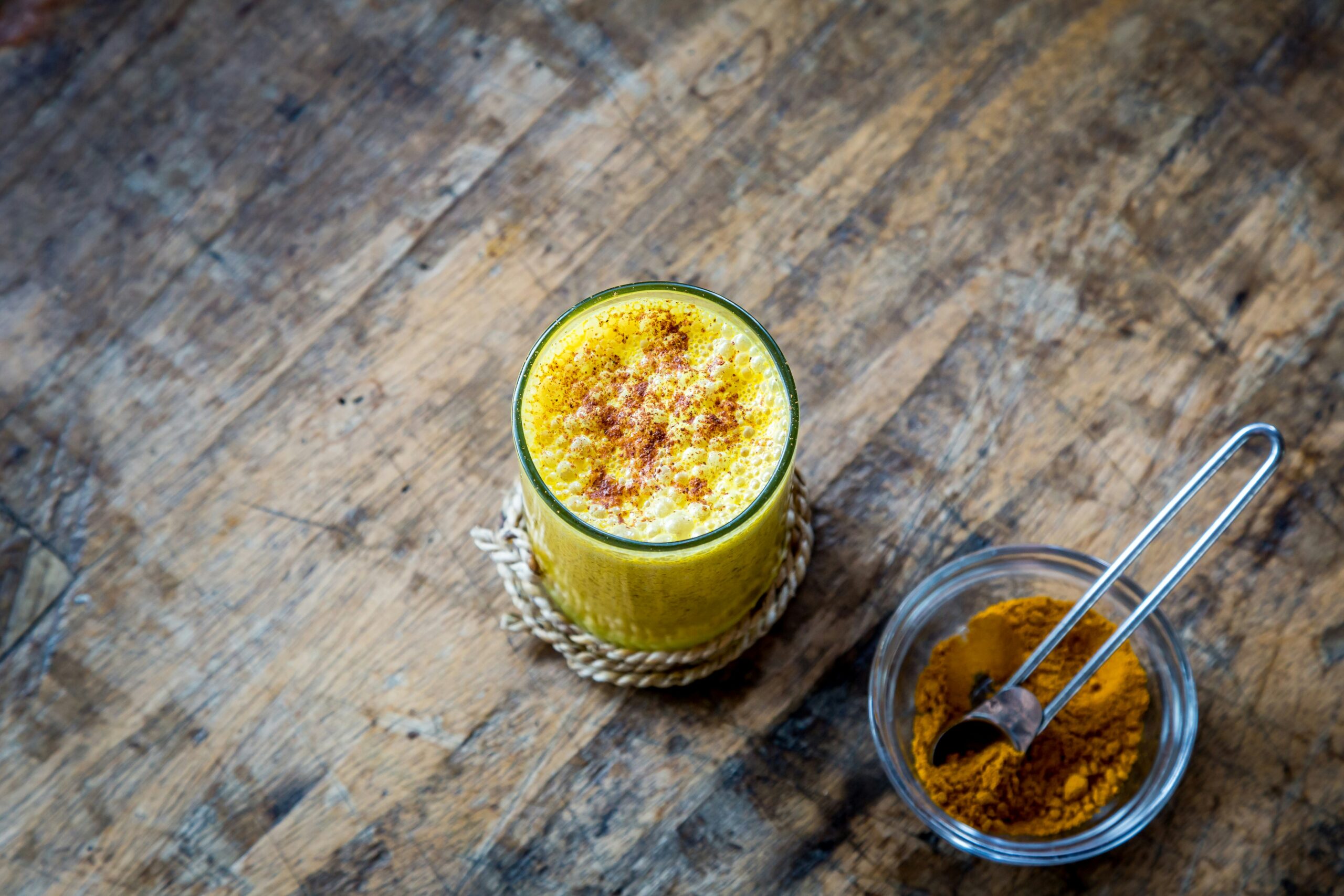
In addition to its culinary uses, turmeric is also used in the cosmetic and medical industries. Thanks to its potential health benefits, turmeric can be an ingredient in medicines, such as anti-inflammatory or antiseptic. The plant is a significant ingredient used in Ayurveda![]() or traditional Indian medicine.
or traditional Indian medicine.
Turmeric can also be used as a supplement and supplied in capsule form. However, it must be combined with additional ingredients to benefit from turmeric's health properties. It concerns curcumin, the key ingredient in turmeric, which shows poor bioavailability![]() and hinders absorption and metabolism. However, some chemical compounds can increase the bioavailability of turmeric. These include piperine
and hinders absorption and metabolism. However, some chemical compounds can increase the bioavailability of turmeric. These include piperine![]() , among others.
, among others.
Piperine is an organic alkaloid found in plants of the pepper family, including the famous black pepper used for culinary purposes. Piperine is found in the top covering of the peppercorns. An essential action of piperine is to enhance the bioavailability of different ingredients and drugs.
Among other things, piperine significantly increases the absorption of turmeric. By combining these two ingredients, the bioavailability of curcumin can be increased by 2000%![]() . It gives us the many health benefits we can derive from turmeric. Complexes of curcumin with ingredients such as piperine are available as supplements. However, it is essential to note that you should consult your doctor before taking any new supplements.
. It gives us the many health benefits we can derive from turmeric. Complexes of curcumin with ingredients such as piperine are available as supplements. However, it is essential to note that you should consult your doctor before taking any new supplements.
Turmeric has been subjected to many safety studies. Studies show good tolerability of the ingredients in turmeric, which is considered generally safe even in high doses. For adults, the curcumin component of turmeric can be dosed up to 8 g per day![]() . Curcumin has long-term safety for both humans and animals.
. Curcumin has long-term safety for both humans and animals.
However, despite its overall safety, curcumin, like everybody else's chemical compound, can be toxic and cause side effects, especially in overdose situations.
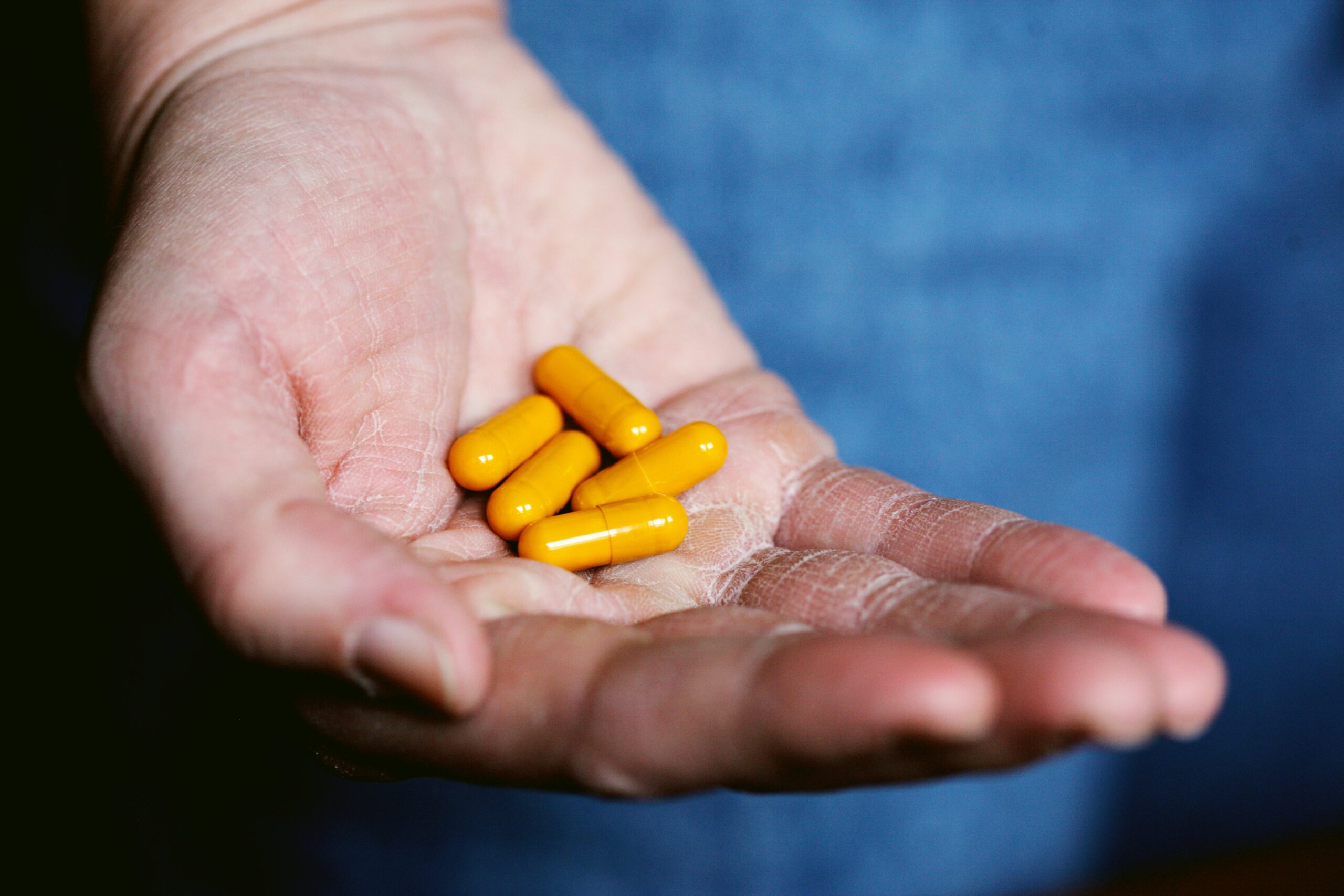
Turmeric in large quantities exceeding recommended doses can cause adverse health effects. Acute toxicity of turmeric has not been observed. A single oral dose in healthy individuals at high doses has caused only non-serious adverse effects. In contrast, when high doses of turmeric are taken over a long-term period, chronic toxicity![]() can occur.
can occur.
After several weeks of use, turmeric can affect the body. In an animal study, staining showed an increase in liver weight and hypertrophy of the mucosal epithelium in the intestine. If high doses of turmeric are used over two years, more severe complications can occur, including cancerous changes.
Curcumin may also decrease safety when combined with different ingredients. Studies have noted that curcumin, in combination with copper, can cause DNA fragmentation. Thus, excessive copper in combination with curcumin may increase oxidative stress.
Curcumin has no side effects and is safe when consumed in the recommended doses. However, side effects of turmeric are noted in some cases. People who have allergies to plants of the genus Curcuma are mostly exposed to the adverse impacts. Side effects of turmeric include:
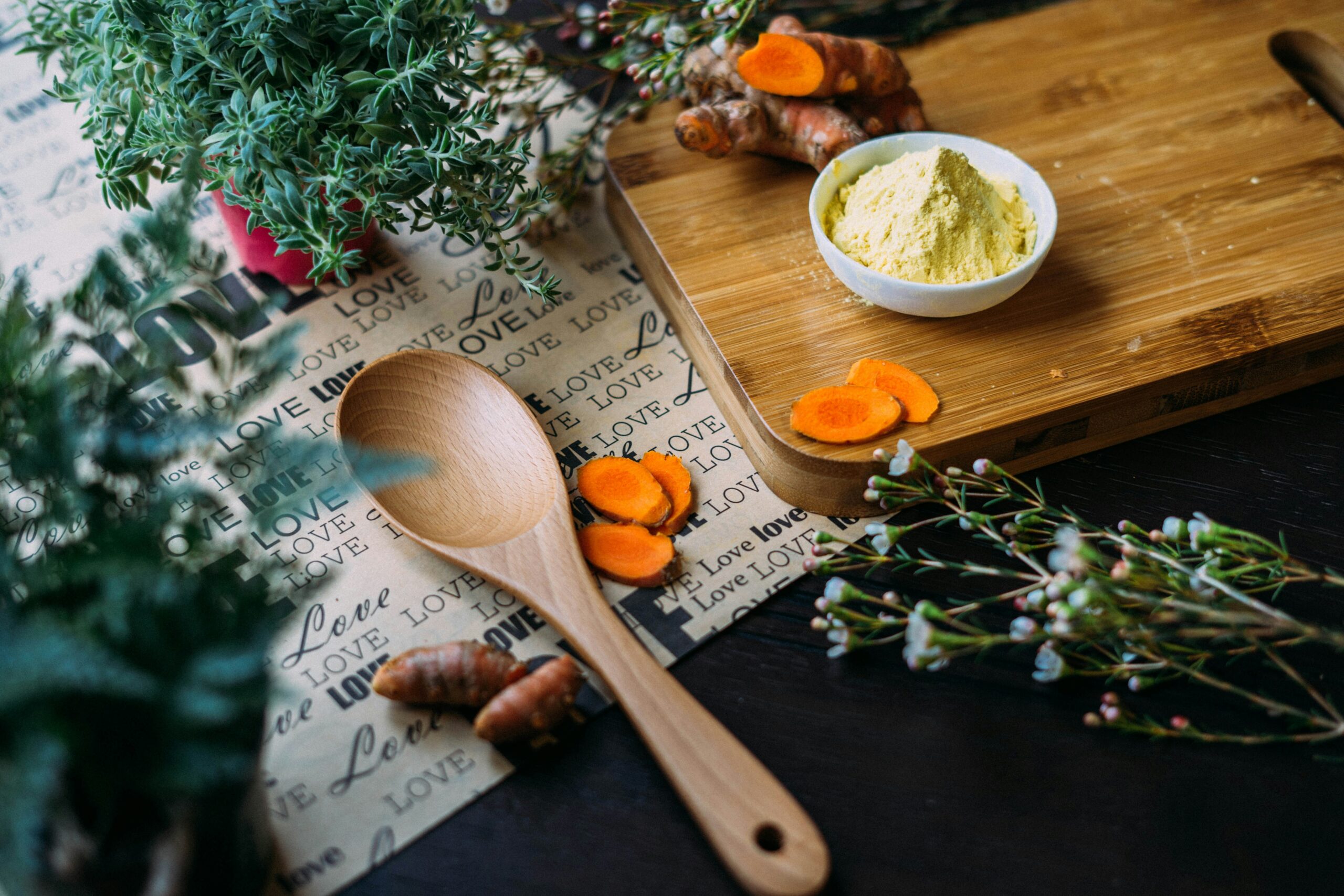
After direct skin contact with curcumin, turmeric can cause contact dermatitis and urticaria in allergic individuals. People with allergies may observe skin lesions such as rash, redness, itching, thickening, and peeling of the epidermis. In such cases, it is necessary to stop using cosmetics with turmeric immediately.
Turmeric can affect fertility by reducing the function of male sperm. Curcumin inhibits sperm motility, making it a valuable contraceptive ingredient. Oral administration of rhizome extracts of the plant has been shown to have an anti-fertility effect![]() . Thus, people planning pregnancies should avoid these plant extracts, which may inhibit implantation.
. Thus, people planning pregnancies should avoid these plant extracts, which may inhibit implantation.
Turmeric can also affect the digestive system. The plant causes gastrointestinal disorders in large doses, including abdominal pain, nausea, and diarrhea. Abdominal pain with long-term use of turmeric in high doses may be the predominant side effect. High doses of curcumin can also cause yellow stool and gastrointestinal ulcers.
Curcumin may affect the effects of some drugs. Synergistic effects![]() of turmeric have been noted, which, due to curcumin, can potentiate the effects of drugs and substances. It has been confirmed that turmeric can increase the impact of antibiotics and cytotoxic and anti-inflammatory medications. When combined with garlic or anticoagulants, turmeric can even lead to bleeding.
of turmeric have been noted, which, due to curcumin, can potentiate the effects of drugs and substances. It has been confirmed that turmeric can increase the impact of antibiotics and cytotoxic and anti-inflammatory medications. When combined with garlic or anticoagulants, turmeric can even lead to bleeding.
In addition to it, turmeric also has inhibitory effects![]() . The plant can reduce the impact of certain anticancer drugs and gastric acid antacids. Therefore, you should always seek medical advice before starting supplementation, especially if you are undergoing drug treatment.
. The plant can reduce the impact of certain anticancer drugs and gastric acid antacids. Therefore, you should always seek medical advice before starting supplementation, especially if you are undergoing drug treatment.
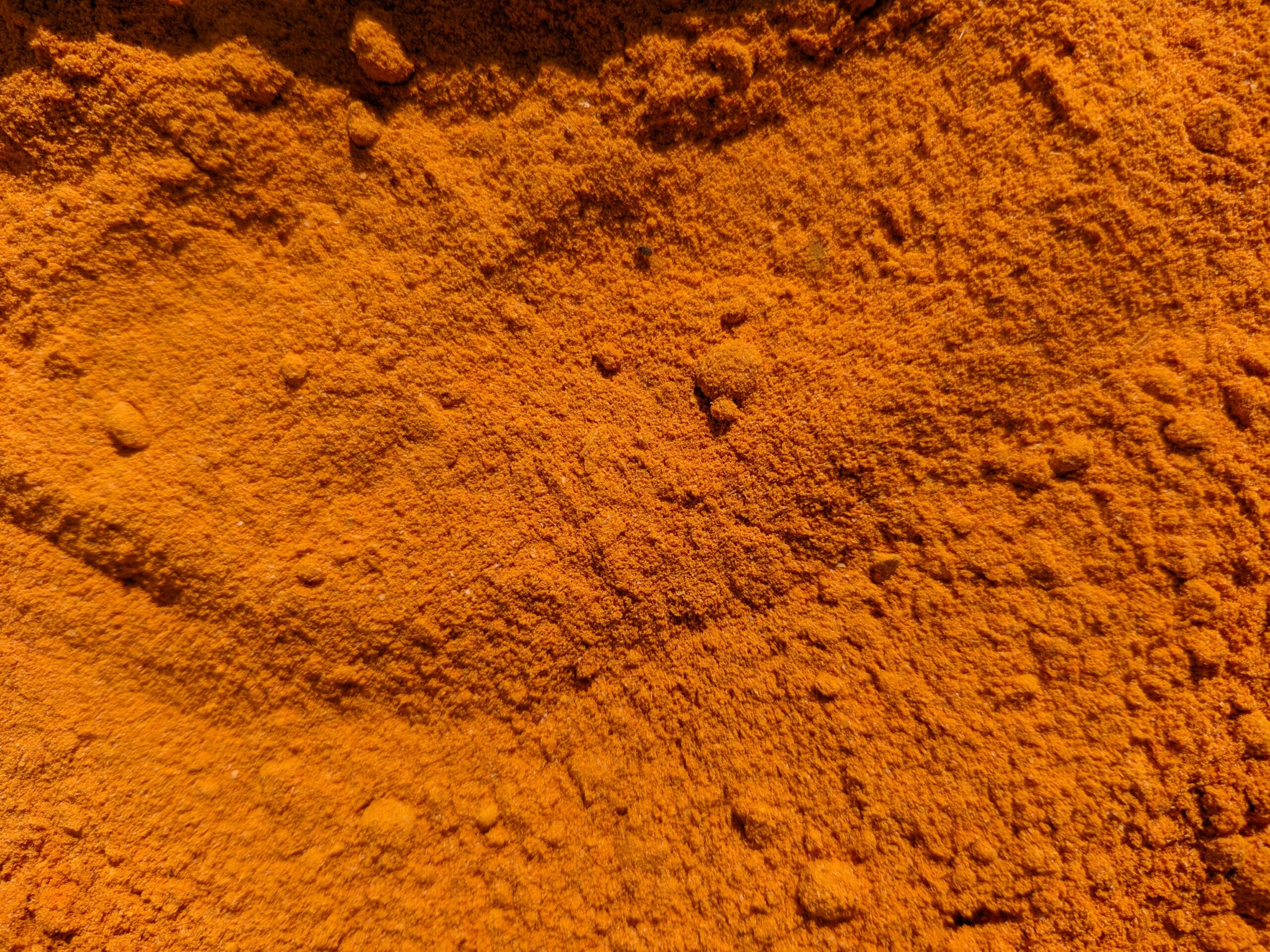
Turmeric is generally safe, but some people are advised to avoid turmeric-based products as they may cause harmful health effects. Those in the contraindication groups should take all precautions.
Although curcumin does not affect fetal development, it is recommended that pregnant and breastfeeding persons avoid this substance. More research is needed on the safety aspect of turmeric for pregnant women. It has been observed, for example, that turmeric may stimulate the uterus, which may accelerate menstruation.
It has also been noted that curcumin can stimulate gallbladder contractions. Given this, it is contraindicated for those suffering from gallstones. Turmeric can cause gallstones to develop and make treatment more difficult.
People taking anticoagulants should be wary of turmeric's properties. Turmeric, in these situations, can cause serious consequences. By intensifying the effects of the medication, it puts you at risk of bleeding. Due to the anticoagulant effect of turmeric, it is also not recommended to use the plant when undergoing surgery.